11 March 2022
In a move that will see Harbour Hospice leading the way in New Zealand, we have introduced a new volunteer-based programme that will enrich patients’ hospice experience. We’re the first hospice in New Zealand to offer Nav-CARE, a programme where trained hospice volunteers take on advocacy roles to become health navigators, helping identify patient needs and connect them with resources in the community that can help.
Nav-CARE was first developed in Canada by Dr Wendy Duggleby and Dr Barbara Pesut. Their research, conducted over a period of seven years, found that older adults living with declining health often don’t receive the community support they need – not because support isn’t available, but because they’re less aware of how to connect with what’s available to them.
The programme has now been implemented in 25 sites across Canada. And, as a result of intensive discussions and online training sessions with the programme’s creators and some of the Canadian hospices who have integrated it into their model of care, we have been gifted the programme and have adapted it, with the creators’ approval, to a New Zealand model. We will begin rolling it out this year, with volunteer training beginning in April.
Harbour Hospice Nav-CARE coordinator Louisa Christian says Nav-CARE will offer a win-win solution for patients, staff and volunteers, as well as extend the level of care we provide. “It picks up the parts that the clinical and family support teams don’t have time for and utilises the high levels of skills of our volunteers.”

Louisa Christian
Louisa, a former teacher, has heard stories of NavCARE volunteers in Canada helping patients in
extraordinary ways, using their local knowledge and skills gained over the course of their career. A patient who struggled to get to the supermarket couldn’t use its online click-and-collect service because he didn’t have a computer. His volunteer navigator approached all the local supermarkets until they found one that agreed to take the man’s order over the phone.
She hypothesises, “Here, you might have an older person who desperately wants to be social and loves knitting. Her volunteer navigator might know of a local knitting group and help to put her in contact.
“This programme enables skilled volunteers to really build and foster relationships with patients so they can advocate for them. It completely embodies the hospice philosophy of enabling patients to live well, and it enriches patients’ hospice experience too.”
